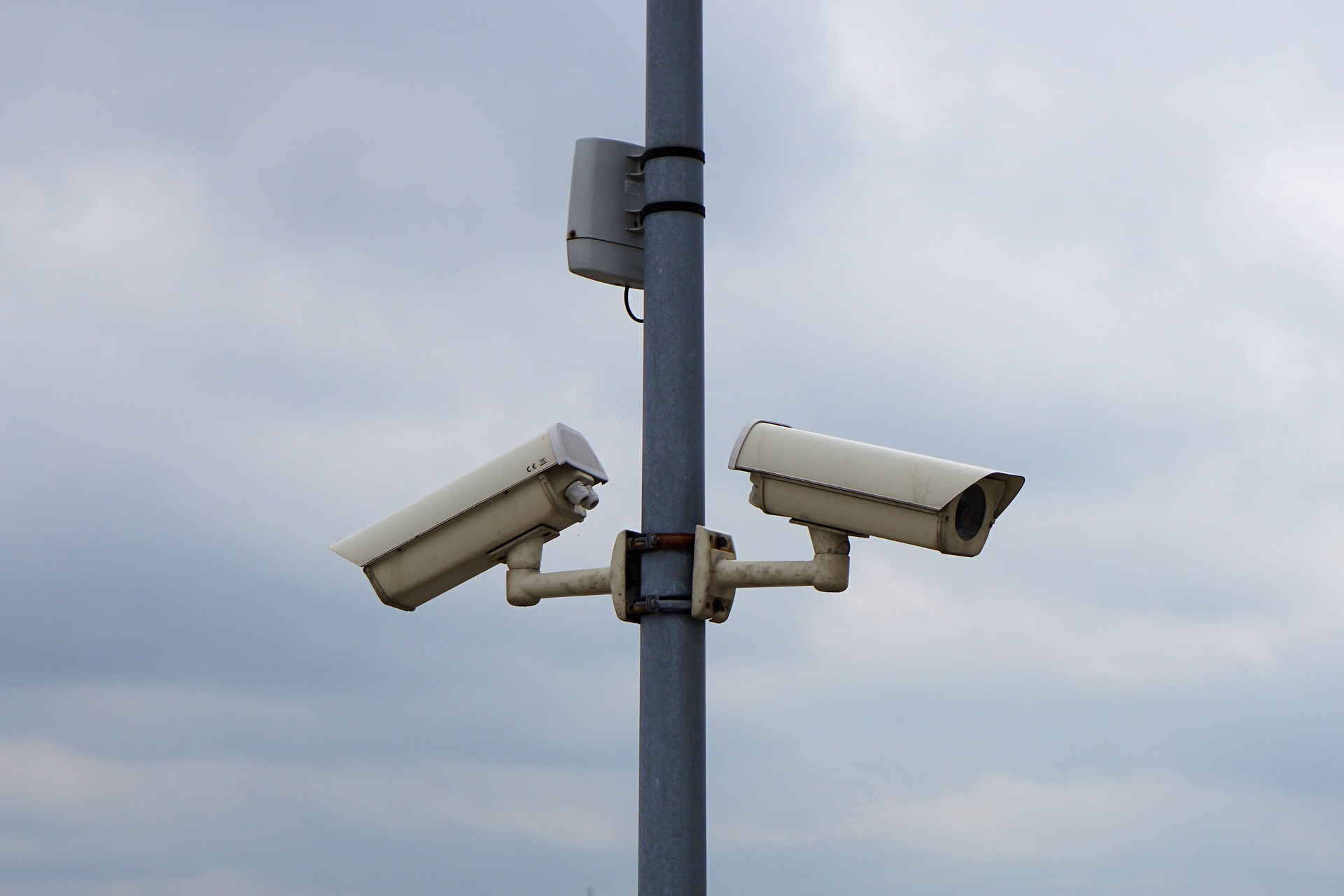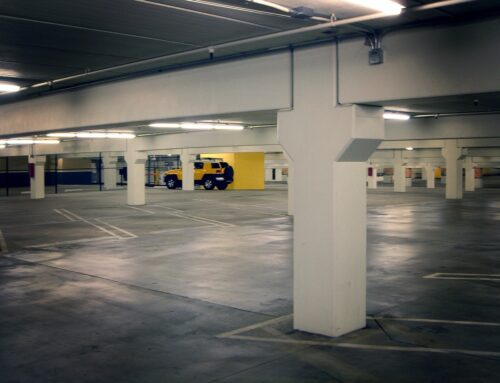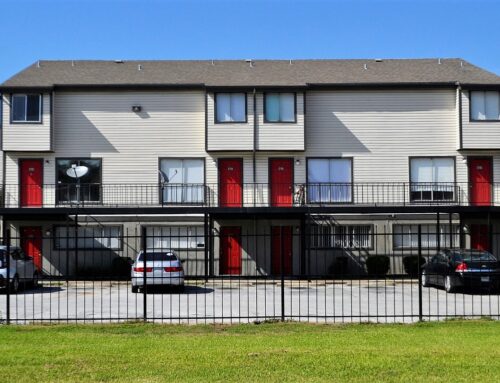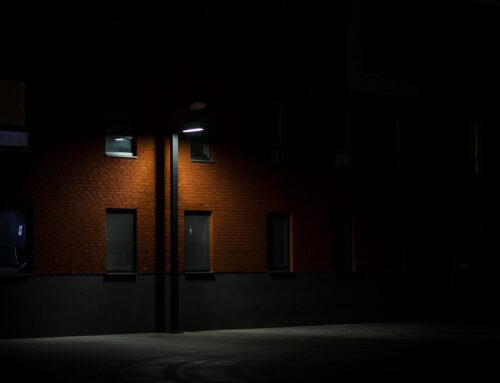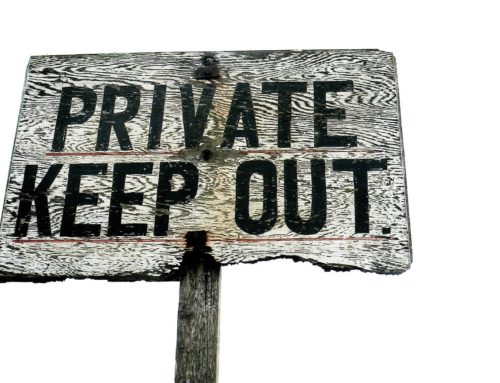If you own or operate a property or public area, you should know your obligations to the public under the law. Premises security liability means that the property owners or managers of locations such as public stores, malls, apartment complexes, and other areas have a duty to maintain reasonable security measures to protect the health and safety of guests and the public. If someone on your property is the victim of a crime, you may be found negligent and liable if a court can prove you did not do enough to protect the premises from would-be criminals.
As a property owner or manager, you can’t prevent every single crime from ever happening on your property. Still, a wide range of case law has established certain requirements or best practices that properties should take that can help deter certain foreseeable crimes from occurring. A victim of a crime on your premises would be able to bring forth a negligent security lawsuit against you if your duty to provide reasonable security measures was not met.
Lighting: Lighting should be adequate in all areas of the property – doorways, hallways, parking lots, and garages – anywhere that a citizen should have an expectation of safety. An unlit hallway or parking garage is a prime spot for thieves, robbers, and attackers to make their moves. Failing to provide adequate lighting can be essential to a negligent security lawsuit.
Cameras: Cameras, in tandem with adequate lighting, is another well-tested method to deter criminals. Cameras act as a deterrent to criminals due to the fact they can provide crucial evidence to law enforcement in the future. Having to choose between committing a crime in different locations, a criminal will almost always choose the site that does not have cameras pointed down on them. Cameras can also help catch wrongdoers before they act; suspicious people seen lurking on the camera feed can be investigated or watched closer before they strike.
Preventing Access To Unauthorized Persons: Many places have an expectation of privacy or exclusivity, such as apartment complexes, housing neighborhoods, or office buildings. Unlike a public store or shopping center, these locations have a predetermined group of people with a known reason for being at that location. Allowing unknown people free access to these areas increases the likelihood that an office or house is burgled or worse. Options for preventing unwanted persons’ entry include a guard stationed at entrance points, locked gates with codes, or a doorman who recognizes and monitors who enter the premises.
Paid Protection: While they can simply be used to prevent unwanted visitors from entering your property from common access points, armed protection on-site also deters many criminals from attempting anything at that location. Apartment complexes that have guards roving the property have been shown to have lower rates of house burglaries as well as lower rates of fights and brawls. If a large property has many access points that can not be realistically all protected simultaneously, guards can be used as moving protection that always has a show of force in the area.
Providing a sense of protection to those on your property is essential to keep yourself out of hot water. As a Sarasota or Tampa property owner, you should speak with an attorney to ensure that you have taken appropriate measures to protect your tenants and guests. Although it is impossible to anticipate every situation, by taking adequate measures, you will help to protect yourself from liability should a crime occur. If you need advice or assistance in a negligent security or premises security scenario, call the attorneys at Probinsky & Cole.
